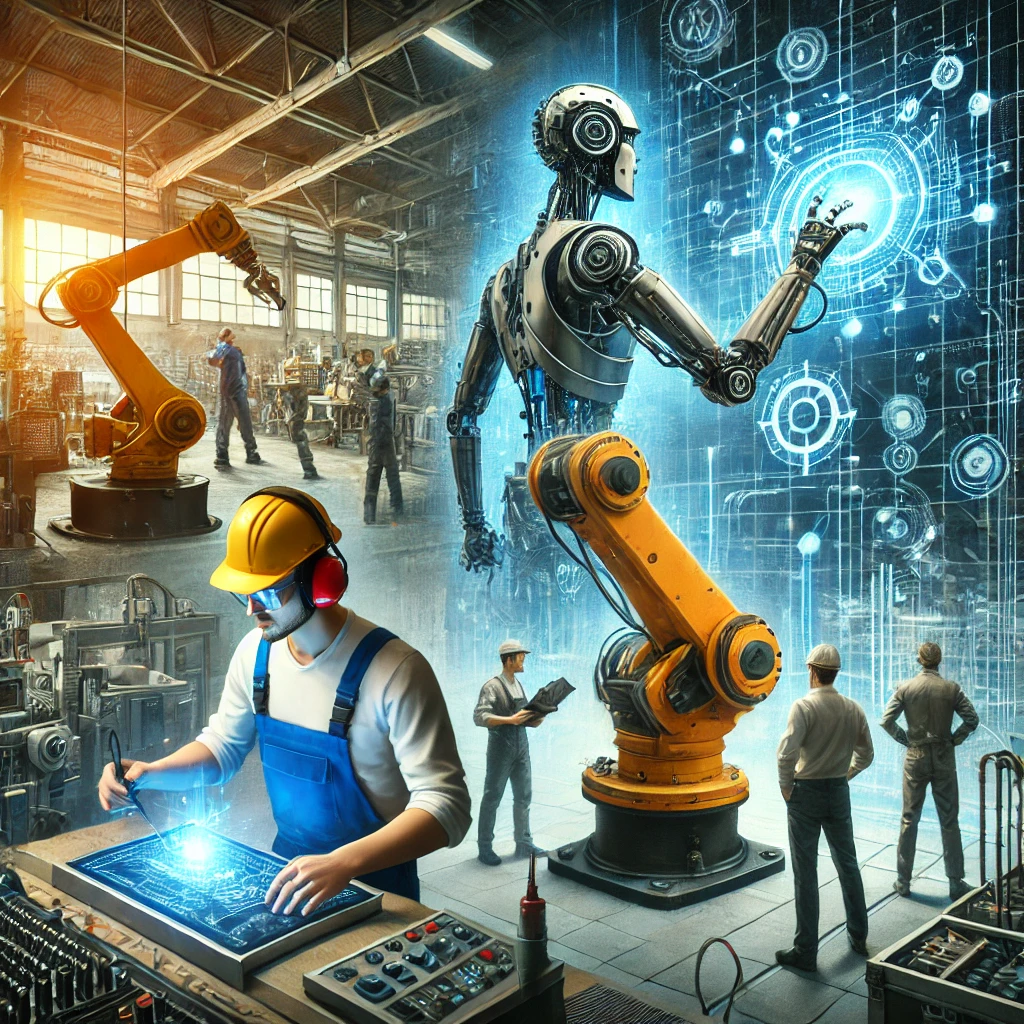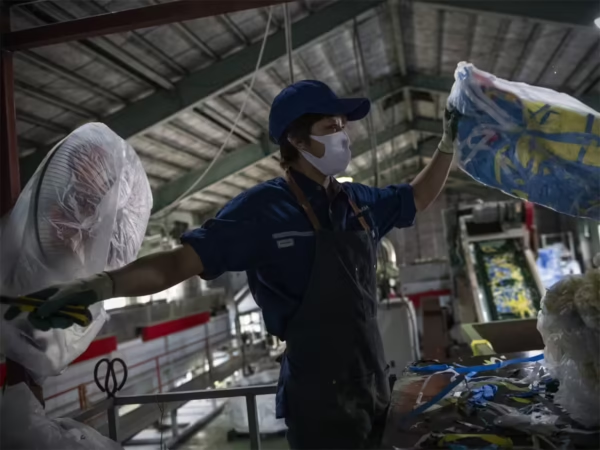Introduction
India’s workforce is vast and diverse, with millions engaged in blue-collar jobs that drive the nation’s economy. From construction workers and factory laborers to delivery executives and sanitation workers, blue-collar employees form the backbone of industries. Despite their indispensable role, their work culture and daily life remain largely underappreciated. This blog explores the daily struggles, work ethics, and evolving work culture of blue-collar workers in India.
The Typical Workday of a Blue-Collar Worker
1. Early Mornings: The Hustle Begins
Most blue-collar workers start their day early. Factory workers, construction laborers, and sanitation staff are on the move as early as 5 AM to 7 AM. A delivery executive checks his mobile phone for assigned deliveries, while a factory worker boards a crowded local train or bus to reach the workplace.
Breakfast is often a simple home-cooked meal, and for many migrants, roadside tea stalls or canteens become their go-to options. With their work depending on physical endurance, fueling up with carbohydrates and tea is a common practice.
2. Work Environment and Culture
Unlike corporate offices with air-conditioned cabins and ergonomic chairs, blue-collar workplaces are physically demanding and sometimes hazardous.
- Construction Sites: Workers toil under the scorching sun, lifting heavy materials, assembling structures, and following safety protocols that are often minimal.
- Factories and Manufacturing Units: The repetitive nature of the job, exposure to noise, dust, and sometimes toxic chemicals, makes these workplaces challenging.
- Delivery and Logistics: Gig workers like food delivery agents and e-commerce couriers experience unpredictable work hours, traffic stress, and pressure to meet delivery targets.
- Sanitation and Waste Management: Often overlooked, sanitation workers perform one of the most crucial tasks—keeping the cities clean. However, their jobs lack proper protective equipment and social dignity.
Despite the challenges, a strong sense of camaraderie exists among workers. Teamwork is essential, and workers rely on each other for both professional and emotional support.
3. Wages, Job Security, and Working Hours
Most blue-collar jobs are characterized by long hours and minimal wages. While minimum wage laws exist, enforcement is weak in many sectors.
- Daily Wage Laborers: Paid per day, they struggle with inconsistent work opportunities.
- Factory Workers: Often work for fixed salaries but may have overtime shifts to boost earnings.
- Gig Workers: Depend on the number of deliveries or rides they complete, with earnings fluctuating daily.
Job security remains a major concern, especially in informal sectors where contracts and benefits like provident funds, insurance, and paid leaves are rare.

The Social Stigma & Lack of Recognition
One of the biggest challenges faced by blue-collar workers in India is social perception. Many jobs, especially in sanitation, housekeeping, and manual labor, are looked down upon. This leads to a cycle of exclusion where workers are denied dignity and respect.
Even within the gig economy, where tech platforms like Zomato, Swiggy, and Uber have provided employment opportunities, the workers remain faceless service providers with little appreciation from customers.
The Role of Technology and Changing Trends
With the rise of technology, the work culture for blue-collar workers is evolving:
Improved Awareness of Workers’ Rights: Increased internet penetration has helped workers become more aware of labor laws and protections.
Gig Economy Boom: Companies like Ola, Uber, Zomato, and Amazon have revolutionized employment, making it flexible but also more uncertain.
Skill Development Initiatives: Government programs like Skill India aim to upskill workers, helping them secure better opportunities.
Digital Payment Integration: Many workers now receive salaries and tips digitally, improving financial transparency and security.
The Mental and Physical Toll
Blue-collar jobs demand immense physical endurance, but they also take a mental toll. The constant stress of job insecurity, financial instability, and societal disregard affects workers’ mental well-being. Unfortunately, access to mental health support is minimal in this sector.
Common health issues include:
- Chronic fatigue due to long hours and strenuous work.
- Respiratory diseases from exposure to dust and chemicals.
- Musculoskeletal problems due to heavy lifting and prolonged standing.
- Stress and anxiety from uncertain income and job insecurity.

The Way Forward: How Can We Improve Work Culture?
- Better Wages and Job Security: Enforcing minimum wage laws, reducing wage delays, and providing job contracts can improve financial stability.
- Workplace Safety & Health Benefits: Providing proper safety gear, medical insurance, and regular health check-ups should be mandatory.
- Skill Training and Career Growth: Training programs can help workers upskill and transition into higher-paying roles.
- Social Recognition and Respect: Society needs to change its perception and appreciate the contributions of blue-collar workers.
- Government & Private Sector Collaboration: Both sectors must work together to create policies that ensure dignity, security, and fair treatment for these workers.
Conclusion
The work culture and daily life of blue-collar workers in India are filled with challenges, yet their resilience keeps industries running. While technology and government initiatives have brought some improvements, there is still a long way to go in ensuring fair wages, job security, and social respect. As a society, it is our responsibility to recognize their efforts and contribute towards making their lives better. A simple gesture of respect, a fair tip, or an acknowledgment of their hard work can make a difference in their everyday lives.




